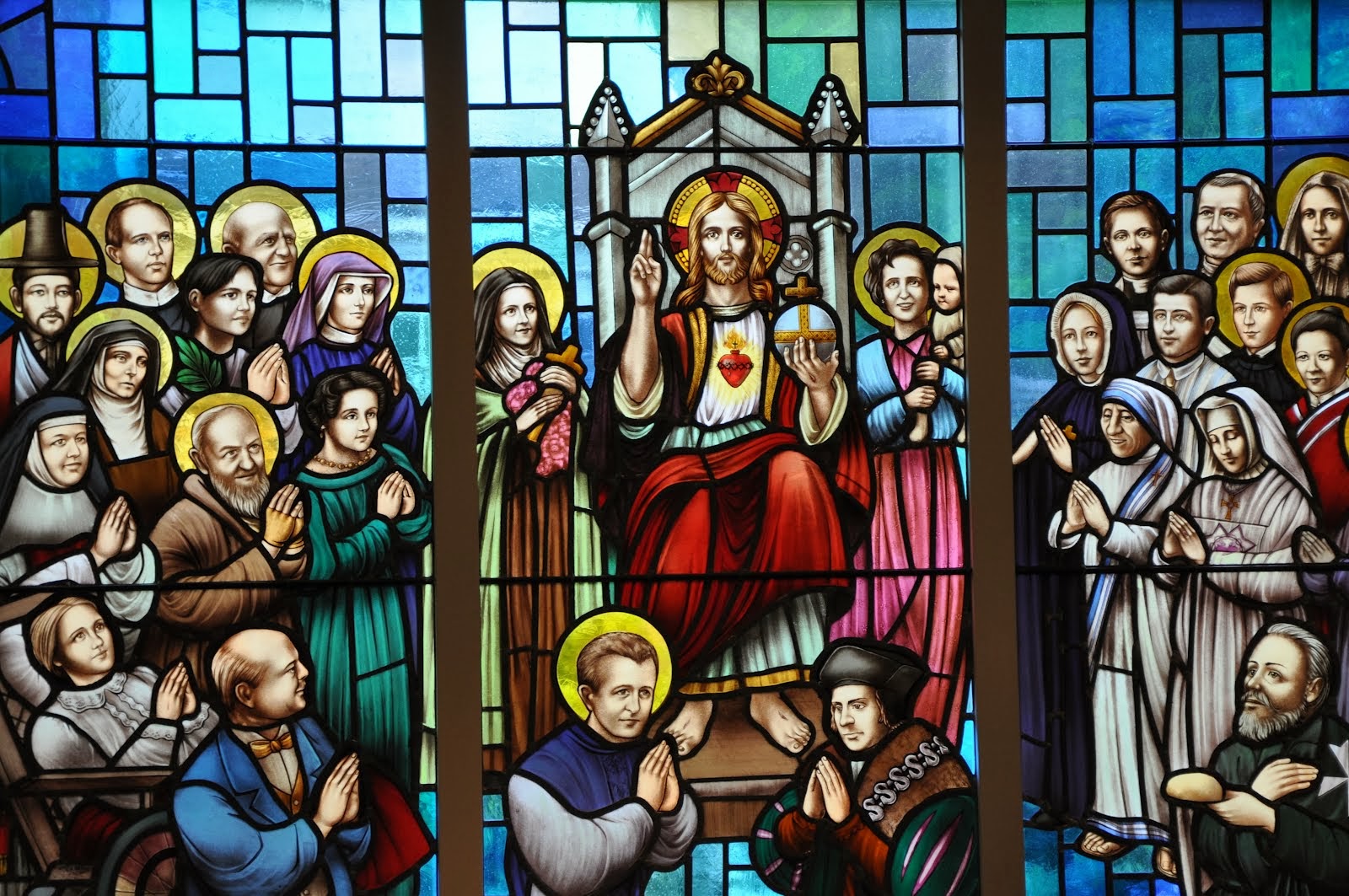
“The fervent prayer of a righteous person is very powerful.” St. James the Apostle (James the Less) (1st century)
“Urge those who have familiar speech with God to use much prayer, with much perseverance, for the stilling of the tempest that is now wrecking the whole world.” St. John Chrysostom (4th-5th centuries, Doctor of the Church)
“Love the Good Shepherd, the Bridegroom so fair, Who deceives no one, Who wants no one to be lost. Pray also for the dispersed sheep, that they, too, may come to Him, that they, too, may acknowledge Him, that they, too, may love Him, that there may be one fold and one Shepherd.” St. Augustine of Hippo (4th-5th centuries, Doctor of the Church)
“He causes his prayers to be of more avail to himself, who offers them also for others.” Pope St. Gregory the Great (6th-7th centuries, Doctor of the Church)
“My desires to be of some help to some soul as time went on had grown much greater. And I often felt like one who has a great treasure stored up and desires that all enjoy it, but whose hands are bound and unable to distribute it…I was so grief-stricken over the loss of so many souls that I couldn’t contain myself…I cried out to the Lord, begging Him that He give me the means to be able to do something to win some souls to His service,…and that my prayer would do some good since I wasn’t able to anything else. I was very envious of those who for love of our Lord were able to be engaged in winning souls, though they might suffer a thousand deaths. This is the inclination the Lord has given me, for it seems to me that He prizes a soul that through our diligence and prayer we gain for Him, through His mercy, more than all the services we can render Him.” St. Teresa of Avila (16th century, Doctor of the Church)
“No prayer is ever lost.” St. John Vianney (18th-19th centuries)
“Oh, my dear Jesus…I commend in a special manner to Your mercy the greatest sinner in Your eyes, the dying person in greatest danger of damnation, the most abandoned soul in purgatory, and the most desolate person on this earth.” St. Joseph Cafasso (19th century)
“When Saint Paul tells us that God dwells in inaccessible light, we must remember the poor souls in purgatory, who, with eyes still dim from the dust of this world, are too weak to be able to gaze like the eagle on that dazzling brightness.” Bl. Ildefonso Schuster (19th-20th centuries)
“Some ask whether prayer really is all that efficacious, for after all, God knows about everything, and nothing can oppose His will, hence everything occurs in accord with His will…It is true, God will not permit anything that could not be turned to some good, but He left to souls a great field of activity in this regard, namely, that they utilize His almighty power in restricting the free-action of the bad will of those who do not love God. Hence, the field of prayer is very wide indeed.” St. Maximilian Kolbe (19th-20th centuries)
“We must empty purgatory with our prayers.” St. Pio of Pietrelcina (19th-20th centuries)
“God has two kinds of gifts: first, there are those which He sends us whether we pray for them or not; and the second kind are those which are given on condition that we pray. The first gifts resemble those things which a child receives in a family – food, clothing, shelter, care, and watchfulness. These gifts come to every child, whether the child asks for them or not. But there are other gifts, which are conditioned upon the desire of the child. A father may be eager to have a son go to college, but if the boy refuses to study or becomes a delinquent, the gift which the father intended for him can never be bestowed. It is not because the father has retracted his gift, but rather because the son has made the gift impossible…Prayer, then, is not just the informing of God of our needs, for He already knows them. ‘You have a Father in Heaven Who knows that you need them all.’ Rather, the purpose of prayer is to give Him the opportunity to bestow the gifts He will give us when we are ready to accept them.” Ven. Fulton Sheen (19th-20th centuries)
“As we enter Heaven we will see them, so many of them coming towards us and thanking us. We will ask who they are, and they will say a poor soul you prayed for in Purgatory.” Ven. Fulton Sheen
